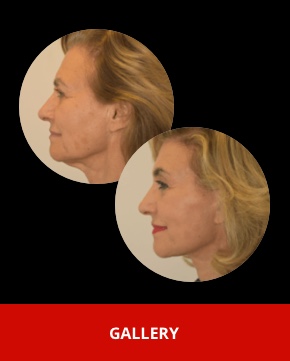Lump in the throat sensation – globus pharyngeus


The feeling of a lump in the throat or the sensation of a foreign body stuck in the throat is one of the commonest reasons people seek a consultation with an ear, nose and throat specialist. The symptom often causes significant anxiety as people naturally “assume the worst”, that it may be a symptom of cancer. Fortunately, a serious diagnosis such as pharyngeal or oesophageal cancer is very rarely made.
It is estimated that this feeling of a lump in the throat effects about half of the world’s population at least once in their lifetime. The median duration of this feeling once it has developed is around 2 years but it can resolve as quickly as in one month. It often occurs following a stressful event or period of time. It is also very common for it to occur following a chest infection where there has been a prolonged or severe period of coughing.
The list of causes for this feeling of a lump in the throat is quite extensive. The commonest cause is inflammation of the lining of the throat caused by reflux of acid back up from the stomach at one point. Patients may have no feeling of burning and their only symptom may be the “lump in the throat” feeling. Sometimes we refer to this as “silent reflux”.
Another common cause is swelling of the vocal cords from repetitive clearing of the throat. Frequent throat clearing causes irritation and swelling in the area of the small muscles and ligaments that move the vocal cords. Patients then feel a lump in the throat feeling. The natural tendency is to try and clear one’s voice more, which simply makes the problem worse and prolongs the symptoms.
Other causes include the following:
- Enlarged or inflamed tonsils
- Benign cysts and nodules
- Thyroid gland problems
- Enlarged lymph nodes in the neck
- Salivary gland problems
- Pharyngeal and oesophageal motility issues
- Cancers (rare)
Your ear, nose and throat specialist will take a careful history of your symptoms keeping this list of possible causes in mind. They will then perform a careful examination including fibreoptic visualisation of the lower throat and vocal cords. If none of these disorders is detected, the diagnosis of “globus pharyngeus” is usually made. This term refers to a “lump in the throat” sensation when no obvious cause can be identified. Because occasionally serious causes for this symptom are found an ear, nose and throat specialist assessment is almost always recommended.


